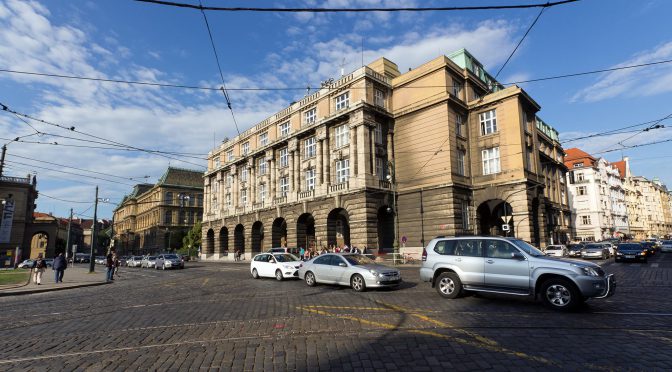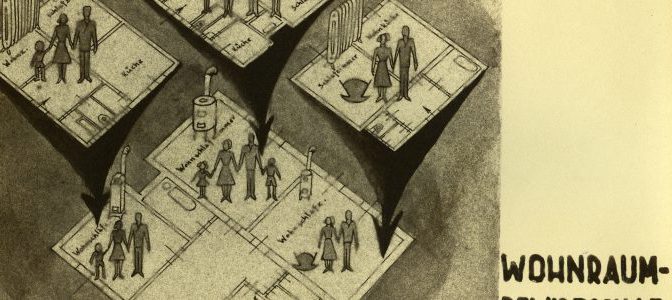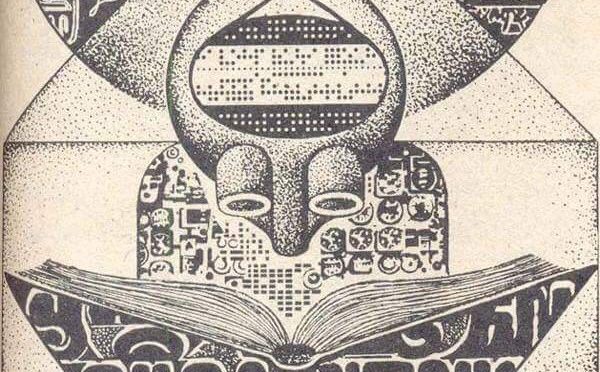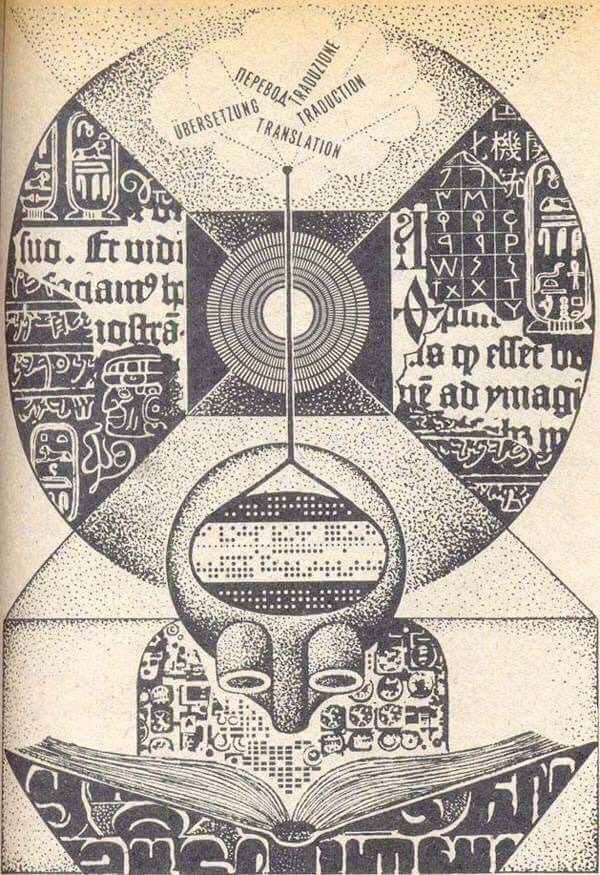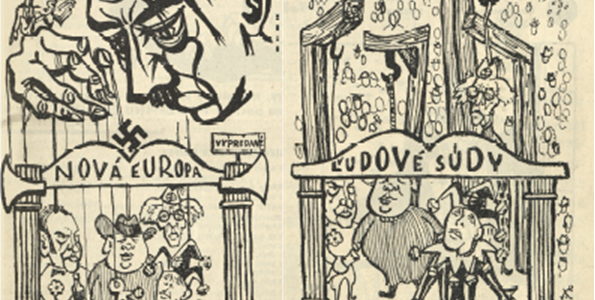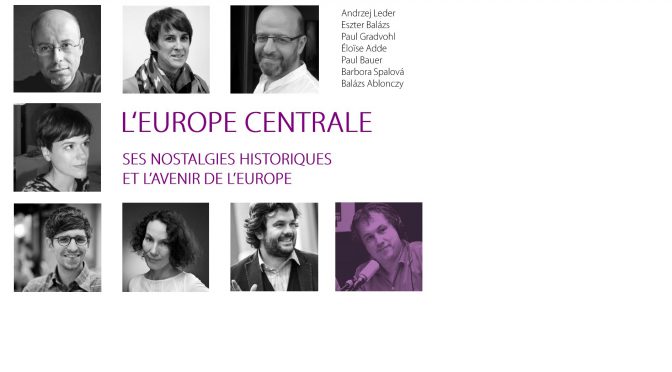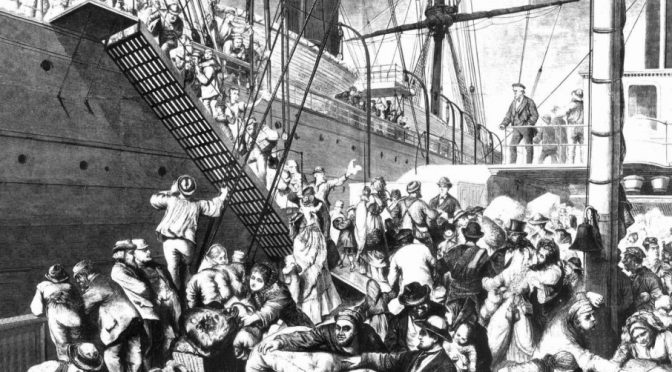Premier colloque international organisé dans le cadre du Laboratoire d’excellence créatif VOICE par l’Institut d’études romanes et l’Institut de philosophie et d’études religieuses de la Faculté des lettres, en partenariat avec le CEFRES, à l’occasion de l’intégration de l’Université Charles au sein de l’Agence universitaire de la francophonie.
Le colloque est placé sous le haut patronage de Son Excellence Roland Galharague, ambassadeur de France en République tchèque.
Date et lieu : 30 novembre – 2 décembre à la Faculté des Lettres, náměstí Jana Palacha 2, Prague 1
Partenaires : Faculté des Lettres (Université Charles), CEFRES, Laboratoire d’excellence VOICE, Institut français de Prague, Ambassade de France en République tchèque, Agence universitaire de la francophonie, University of Cambridge, Université Paris 1 Panthéon-Sorbonne, École Normale Supérieure de Lyon, Université Paris IV-La Sorbonne, Université Paris X-Nanterre, Université de Reims Champagne-Ardenne, Université Clermont-Auvergne, Université de Limoges, Université de Picardie Jules Verne, Université Masaryk (Brno).
Voir aussi le site de la conférence.
Langue : français
Vingt-et-un spécialistes de philosophie, d’études littéraires et d’histoire de l’art, entre autres, interviendront sur le thème des « émotions », de leurs sources, de leur expression, de leur transmission et de leur conceptualisation. Les présentations prendront pour terrain la littérature et la philosophie francophone de tous les continents, depuis la Renaissance jusqu’à l’époque contemporaine.
Programme
Vendredi 1er décembre
8h30-9h00 : Ouverture (Faculté des Lettres, salle 300)
9h00-10h30
Session I : Philosophie I
Discutant : Ondřej Švec
- Denis KAMBOUCHNER (Université Paris 1 Panthéon-Sorbonne) : « L’héritage cartésien dans les théories modernes des émotions »
- Pierre-François MOREAU (École Normale Supérieure de Lyon) :
« Politique des affects »
Pause café
10h45-12h45
Session II : Philosophie II
Discutante : Chiara Mengozzi
- Ian JAMES (University of Cambridge) : « Affectivité, sens et affects : les émotions comme articulation de la vie biologique »
- Véronique Le RU(Université de Reims Champagne-Ardenne) :
« Individuation et affects : les rythmes de l’empathie » - Ondřej ŠVEC (Université Charles) : « L’historicité radicale des émotions »
13h00-14h00
Déjeuner
14h30-18h00
Session III : Littérature française des 17e et 18e siècles
Discutante : Catherine Ébert-Zeminová
- Záviš ŠUMAN (Université Charles) : « Catharsis : essai de légitimer la fiction théâtrale au XVIIe siècle en France »
- Camille GUYON-LECOQ (Université de Picardie Jules Verne) : « Sensibilité à la douleur et compassion chez Robert Challe voyageur : de l’expérience de l’attendrissement à une réflexion sur la nature humaine »
- Céline BONHERT (Université de Reims Champagne-Ardenne) :
« Émotion et décision dans les livrets de Philippe Quinault : la tragédie en musique et les passions du prince » - prof. Jean-Louis HAQUETTE (Université de Reims Champagne-Ardenne) : « « Notre âme est un tableau mouvant ». Énergétique des émotions et puissance de l’image chez Diderot »
Samedi 2 décembre
9h00-11h00
Session IV : Littérature française du 19e siècle
Discutante : Jovanka Šotolová
- Pascale AURAIX-JONCHIÈRE (Université Clermont-Auvergne) :
« L’expression des émotions, un paradigme structurel dans les nouvelles de Jules Barbey d’Aurevilly » - Cécile GAUTHIER (Université de Reims Champagne-Ardenne) :
« Barbarie, émotion et altérité : les affects « excessifs » de la slavité fin-de-siècle » - Eva VOLDŘICHOVÁ BERÁNKOVÁ (Université Charles) :
« La valeur cognitive des passions dans « le système symboliste » »
Pause café
11h15-13h15
Session V : Littératures du 20e siècle – approches théoriques
Discutante : Clara Royer
- Alexandre GEFEN (Université paris IV-La Sorbonne) : « Le tournant affectif des études littéraires : bilan et perspectives »
- Anne-Élisabeth HALPERN (Université de Reims Champagne-Ardenne) : « « Cette émotion appelée poésie » (Reverdy) »
- Sylviane COYAULT (Université Clermont-Auvergne) : « Article 353 du code pénal de Tanguy Viel, ou la tenson entre la loi et les affects »
13h30-14h30
Déjeuner
15h00-17h00
Session VI : Littératures diasporiques et post-coloniales I
Discutante : Eva Voldřichová Beránková
- Petr KYLOUŠEK (Université Masaryk) : « Ariel et Caliban : double discours de la diaspora haïtienne de Montréal »
- Chiara MENGOZZI (CEFRES, Université Charles) : « Aux frontières de l’humanité: (in)efficacité de l’empathie et de l’expérience esthétique »
- Jean-Michel DEVÉSA (Université de Limoges) : « L’Amère Souffrance des enfants de la (post)colonie »
Pause café
17h15-18h45
Session VII : Littératures diasporiques et post-coloniales II
Discutante : Milena Fučíková
- Petr VURM (Université Masaryk) : « 1984-2084. Faux-semblants révélés, émotions refoulées : les émotions à l’âge totalitaire chez George Orwell et Boualem Sansal »
- Vojtěch ŠARŠE (Université Charles) : « La manifestation collective du sentiment de la tristesse dans l’Afrique romanesque »

